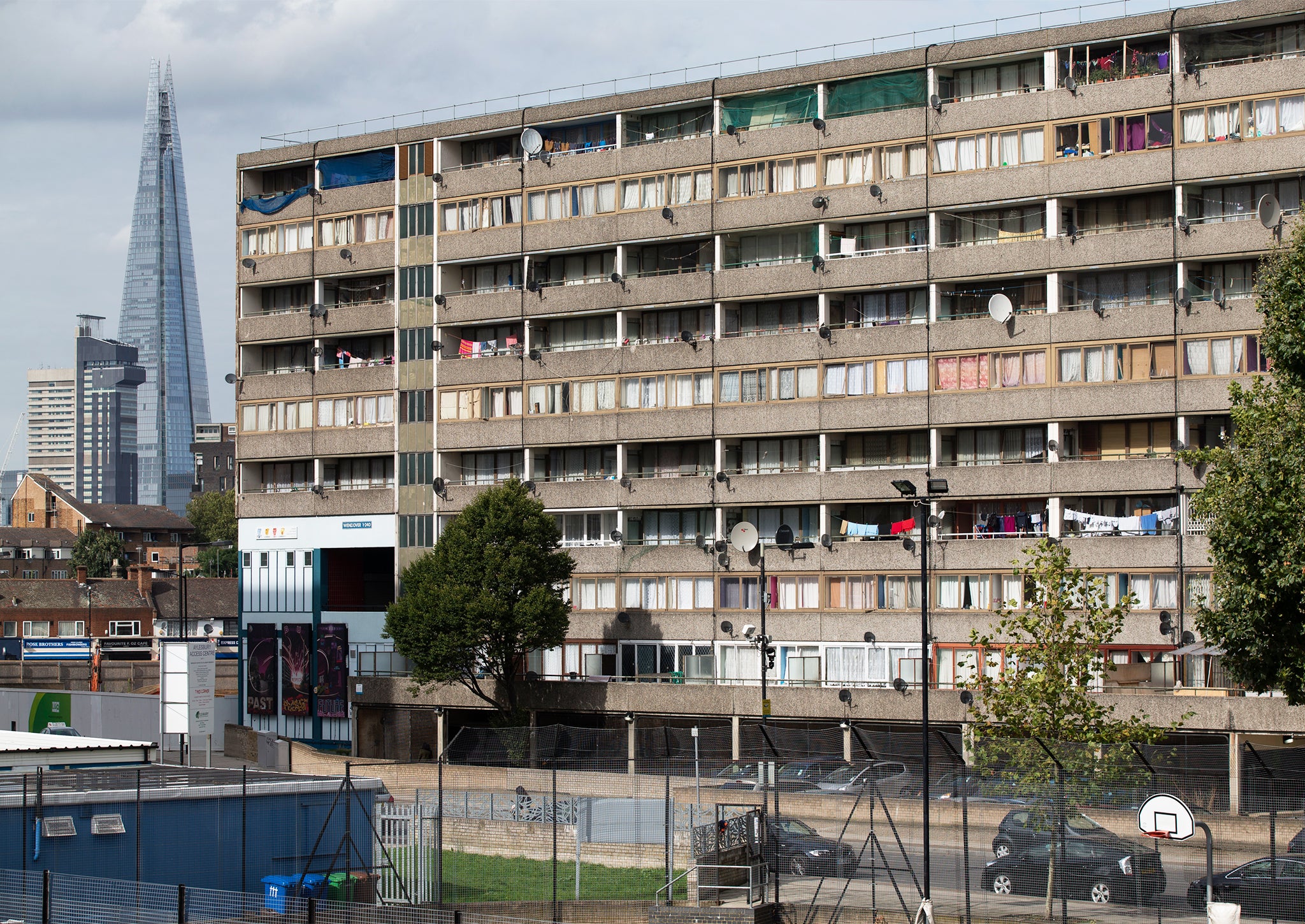We desperately need to solve our housing crisis, but rent controls are not the answer
Instead of demonising landlords and demanding caps, we need to build a rental market that benefits everyone

Your support helps us to tell the story
From reproductive rights to climate change to Big Tech, The Independent is on the ground when the story is developing. Whether it's investigating the financials of Elon Musk's pro-Trump PAC or producing our latest documentary, 'The A Word', which shines a light on the American women fighting for reproductive rights, we know how important it is to parse out the facts from the messaging.
At such a critical moment in US history, we need reporters on the ground. Your donation allows us to keep sending journalists to speak to both sides of the story.
The Independent is trusted by Americans across the entire political spectrum. And unlike many other quality news outlets, we choose not to lock Americans out of our reporting and analysis with paywalls. We believe quality journalism should be available to everyone, paid for by those who can afford it.
Your support makes all the difference.As polls keep telling us, nine out of 10 of the UK want rents to be controlled. It's hardly surprising: we are a nation of rent-haters in general, and landlord haters in particular. Renting is what we are forced to do before we can grow up and become home owners. Even if we have to wait until middle age.
The sentiment may be understandable, but it is also irrational and counter-productive. What we need is vastly more private renting, which will never happen with our current attitudes and see-saw policies.
The mess we are in now is a consequence of a series of well-intentioned but wrong-headed laws and rules changing every few years. They've left a trail of mistrust and uncertainty in society. This is disastrous, because what this country needs above all else is a large, affordable and stable private rented housing sector like that enjoyed by Germany, the strongest economy in the world, where over half the population rent privately and were home ownership is not the holy grail.
“But rents in Germany are tightly controlled!” I hear you cry. Indeed, but in Germany the sector is largely created and controlled by large professional investors, not a small army of amateurish buy-to-let speculators as it is here. Its profit margins are based on long-term corporate returns, similar to the office sector, not individuals’ hopes of wild windfalls. Crucially, everyone knows what the rules are and they do not keep changing at the whim of politicians.
I have been lobbying for this for over 20 years, since the property crash of the early 1990s showed just how unreliable home ownership could be, and how easy it could be to lose the dream. I thought it could cure Britain of its obsession, but it didn’t. Instead, spiralling prices since 1996 made people even more desperate to grab a rung of the infamous housing ladder, which pushed them even higher. All the while, new housebuilding has slowed down as developers chased massive profit margins (Berkeley Homes boast 20-25 per cent), not production.
Supply is now lagging so far behind demand that most people who cannot afford to buy are struggling to rent as well. I am now finding young professionals and even young families, with both parents working, unable to afford more than a room in a house or flatshare.
The call to cap rents is understandable - but in my opinion it is also dangerously misguided.
If you look up the word “Rachmanism” in the Oxford English Dictionary you will find it is a synonym for the exploitation and intimidation of tenants by wicked landlords. Peter Rachman was a Polish landlord in Notting Hill who mercilessly exploited his tenants. And his ability to do this was inextricably linked to legal rent controls in this country.
Following WW2 the incoming Labour government established tribunals to set fixed maximum rents for furnished dwellings, making it illegal to charge more. The result of this well-intended wrongheadedness was that most landlords sold up while the rest became villains like Rachman, who evicted his tenants so that he could replace them with immigrants, who weren't covered by the same rental cost protections.
Between then and 1977, frustrated landlords began shedding rented properties again after Government policies made the price of maintaining a property exceed rental costs. By 1980, when Margaret Thatcher created new, unregulated tenancies, private renting in this country was too broken to be fixed piecemeal.
We need to de-stigmatise renting and actively encourage serious commercial investors to create a large proper private rented sector and let it flourish, providing housing solutions for all. That will never happen as long as the chatter is restricted to demonising landlords and demanding rent controls. This merely scares off the very investors we badly need and perpetuates the crisis.
New rent controls would nip any revival of the sector in the bud, which is why even Labour will not commit to anything specific. Rogue landlords would continue to operate outside the law, exploiting the weakest in society and running their marginal rentals on a cash basis knowing that enforcement is virtually impossible.
Decent landlords would throw in the towel, reducing rental supply even further, while serious investors will turn their backs on a hostile and unreliable environment. And those in dire need of affordable accommodation, who are demanding rent controls now, will stand there – again – wondering where it all went wrong.
Join our commenting forum
Join thought-provoking conversations, follow other Independent readers and see their replies
Comments